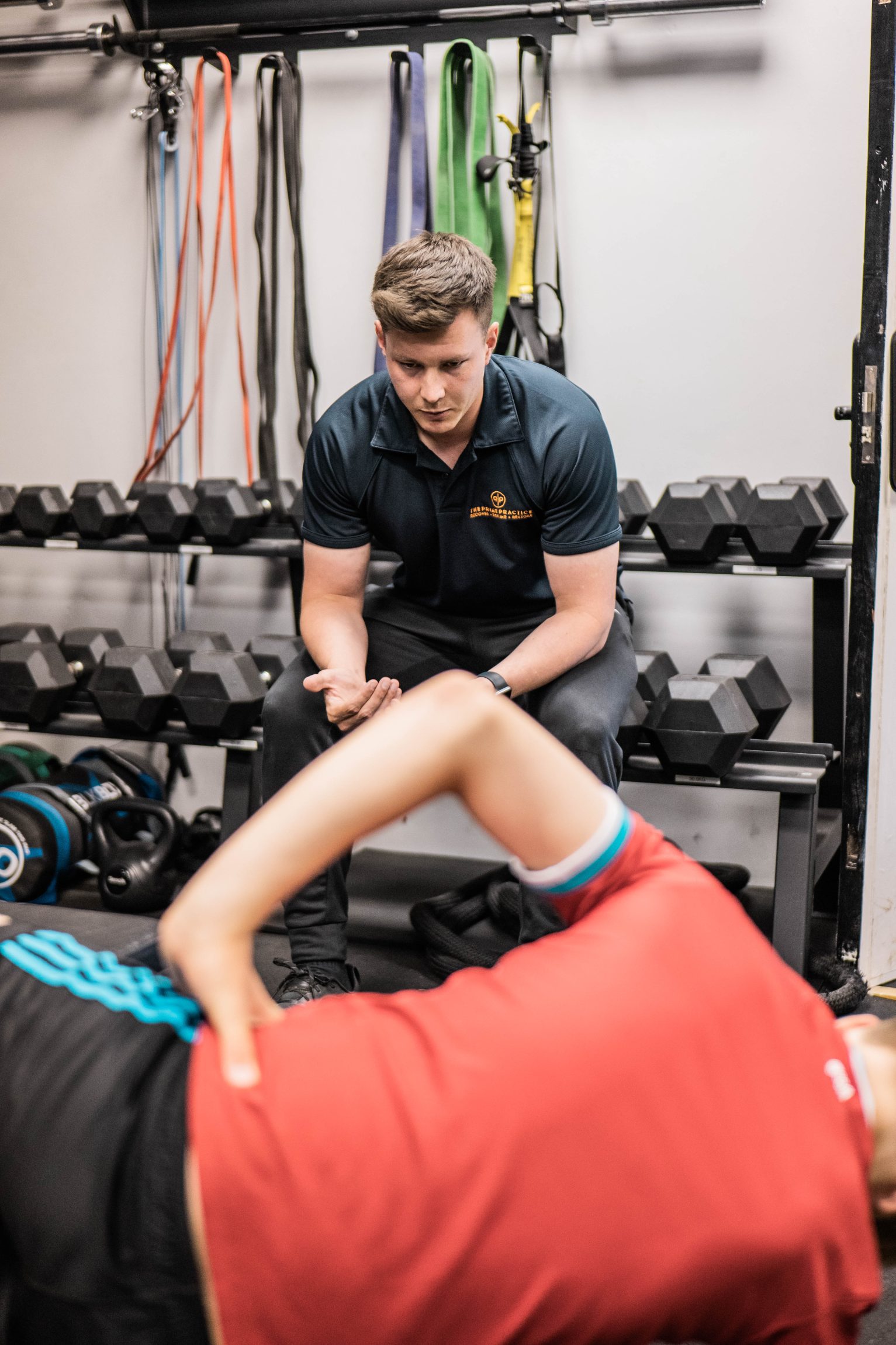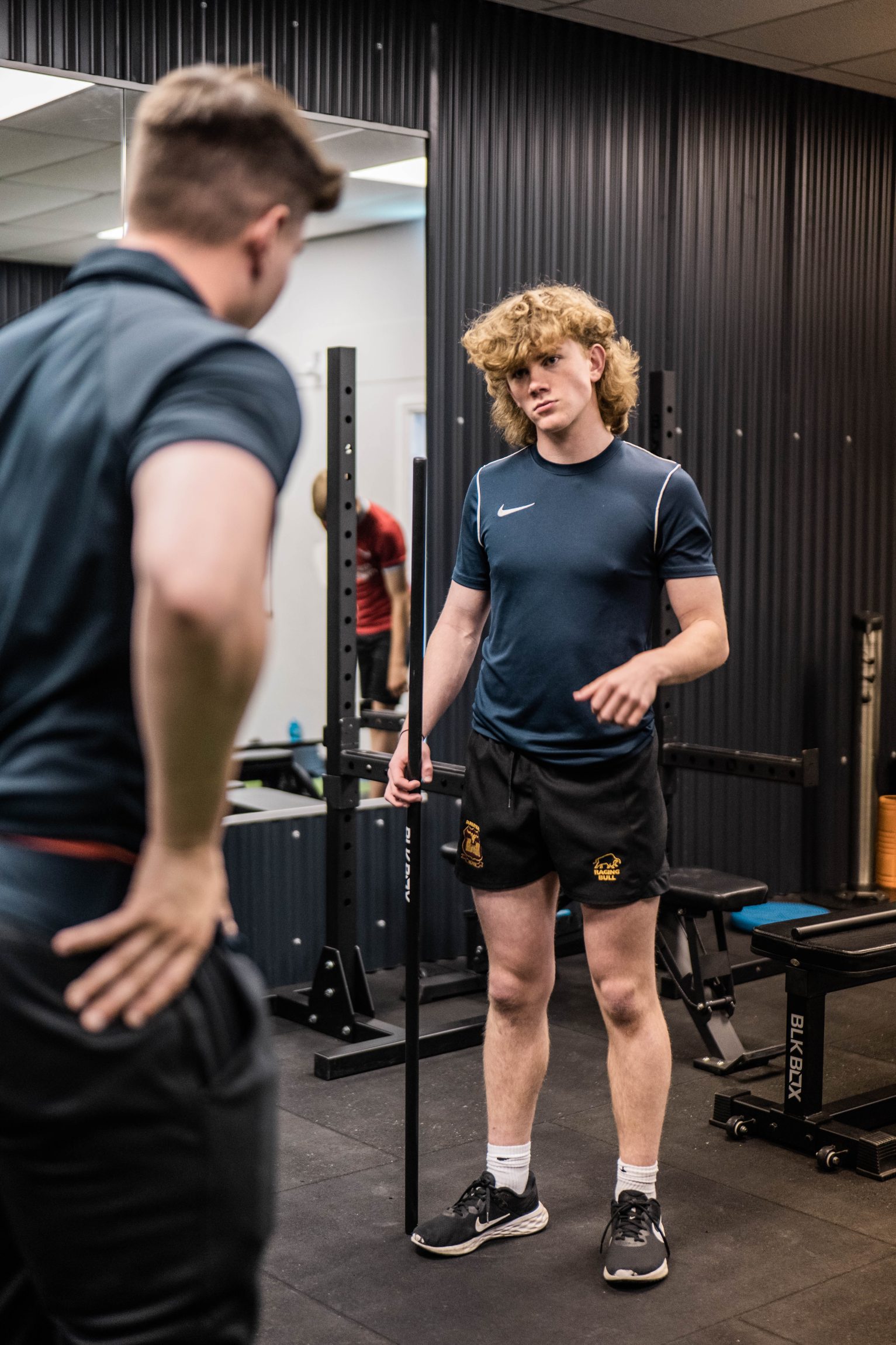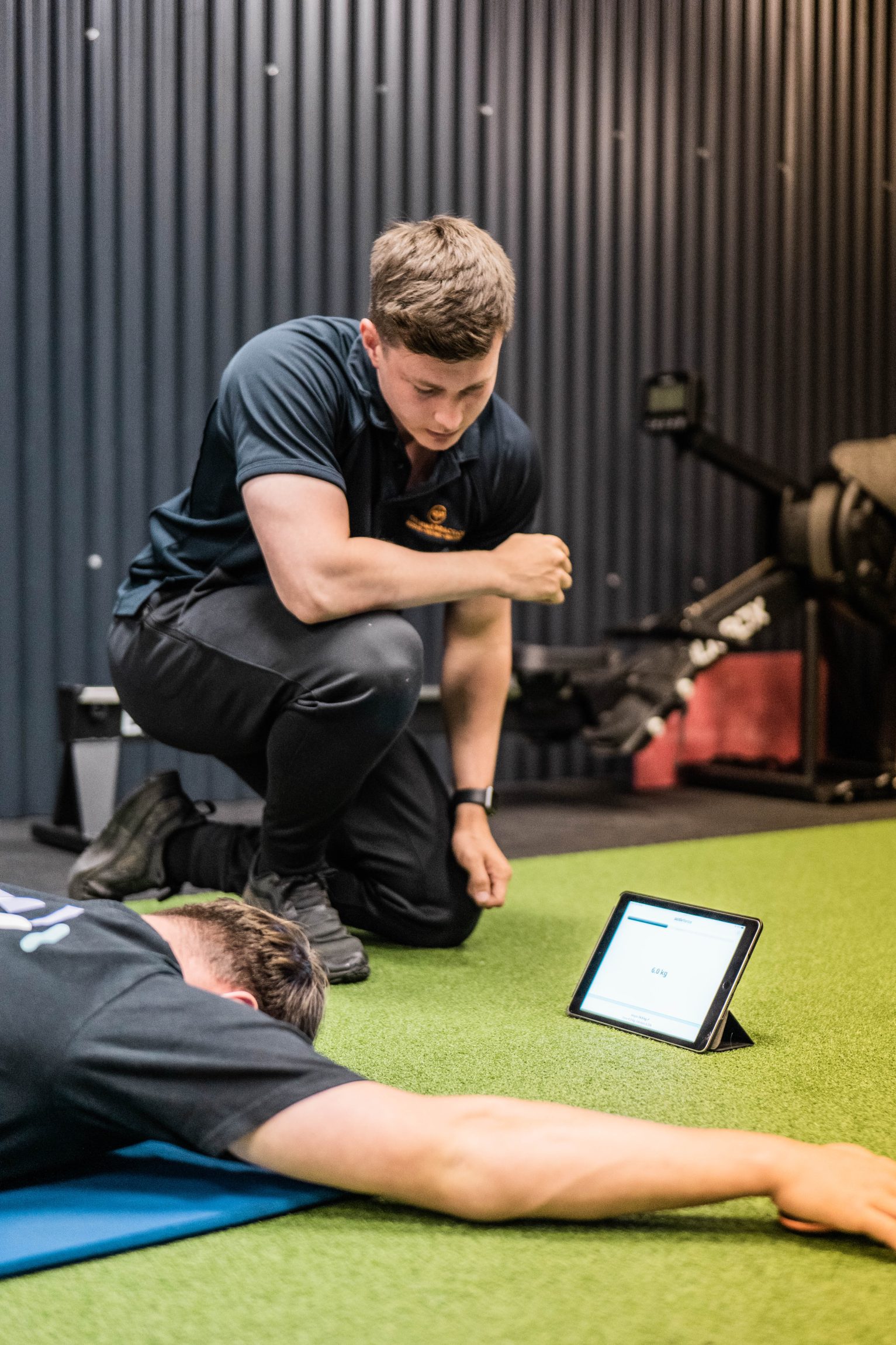Long-Term Athletic Development
LTAD is a youth-centred approach to physical activity and development
Book this service
Get in touch
a: Fromehill Park, Dudbridge Hill, Stroud GL5 3HS
t: 07920755300
e: info@theprimepractice.co.uk
What is Long-Term Athletic Development?
LTAD is a youth-centred approach to physical activity and development. LTAD is focused on meeting the needs of children at any developmental level to promote fun, positive sports and fitness experiences which in turn help set the foundation for a lifetime commitment to healthy activities.
All youth should engage in regular physical activity and thus should be viewed as “athletes” and afforded the opportunity to enhance athleticism in an individualized, holistic, and child-centred manner.
Benefits of Long-Term Athletic Development
Appropriate exercise prescription is crucial for those young athletes who are physically underprepared and at risk of overuse injury because of high volumes of competition and an absence of preparatory conditioning. Whether the child accumulates insufficient or excessive amounts of exercise or falls somewhere between these opposing ends of the spectrum, it is generally accepted that the young bodies of modern-day youth are often ill-prepared to tolerate the rigours of sports or physical activity.
Reduced Injury Risk
A common cause of injury in youth athletes is early specialisation. This is when they perform too much of one sport which can cause overuse injuries from too much repetition. Through our classes at The Prime Practice, youth athletes will perform different exercises and movements which will strengthen them in multiple planes, to avoid overuse injuries. Other common injuries occurring in youth athletes are due to muscular imbalances and poor conditioning. Classes at The Prime Practice include fundamental movement skills to ensure our athletes are moving well.
Improved performance
Throughout the sessions, our coaches will identify any key areas of improvement, focus the sessions towards improving these areas and measure progression accurately. Performance can be improved by the physical, technical, tactical, or mental factors which starting a strength and conditioning routine has on participants.
Enhanced general health
It’s a truth universally acknowledged that exercise is good for our overall health and wellbeing, from mental to physical health. There have been multiple studies supporting that correct strength and conditioning result in strengthened bones, improved posture and an improved mood.



